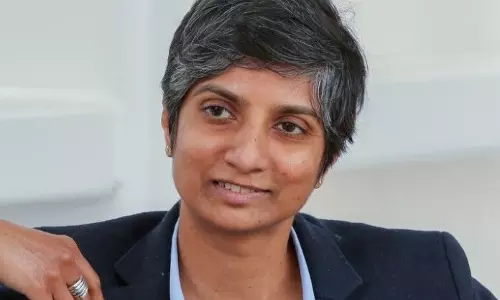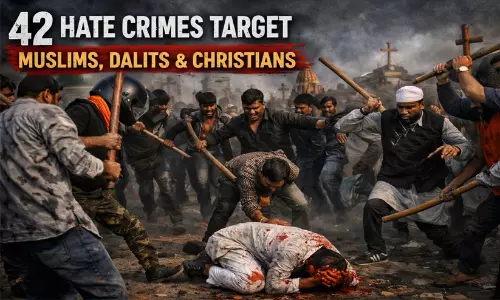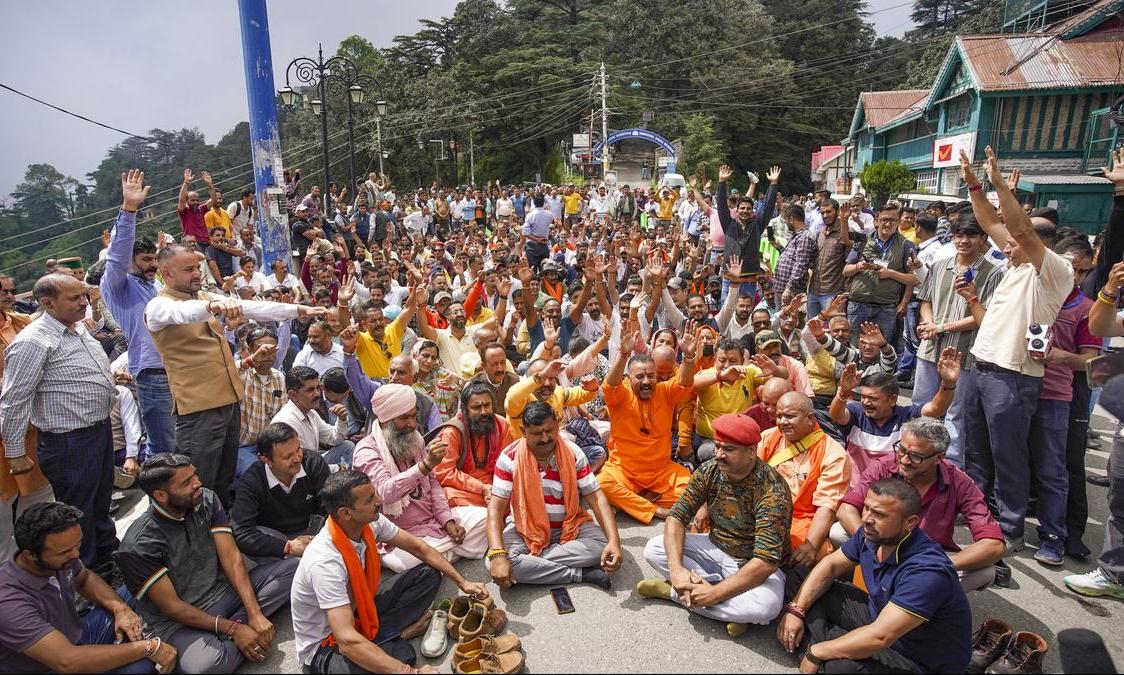
Shimla mosque row: Traders back Hindu group, Muslim vendors conceal identities
text_fieldsAnti-mosque protests have spread across Himachal Pradesh, initially igniting in Shimla’s Sanjauli area earlier this month before spilling into other districts, The Wire reported.
The unrest, which began with objections to the alleged construction of illegal mosque structures, has now expanded to include demands for limiting the entry of ‘outsiders,’ a term exclusively used to target Muslims from other states, accused of taking local jobs and businesses.
The districts of Nerwa, Kasumpti, Mandi, Kullu, and Hamirpur have become new focal points for these anti-Muslim protests. Muslim communities have been subject to hostility in places like Solan and Palampur, where locals accused them of being outsiders. This wave of unrest is reportedly fuelled by a broad range of organisations, from local trader groups to both old and newly-formed Hindu groups.
Members of the opposition BJP and the Vishva Hindu Parishad (VHP) have also been implicated, with several individuals booked following police investigations into violent protests against a mosque in Sanjauli on September 11.
In response, the VHP has offered legal assistance to those arrested in connection with the protests. At the same time, the Congress government led by Chief Minister Sukhwinder Sukhu has faced criticism for its failure to manage the situation. Some Congress minority leaders from Himachal recently sought the intervention of the party high command in New Delhi, seeking a resolution to the escalating crisis.
The unrest initially began with a local dispute in Kasumpti, but tensions rapidly escalated when Congress minister Anirudh Singh raised the issue in the Himachal assembly, leading to further provocations. A Muslim welfare committee in Shimla attempted to mediate by proposing to seal the unauthorised portion of the Sanjauli mosque, the first target of the anti-mosque protests.
They even offered to demolish the illegal construction if ordered by the court. However, these efforts did little to contain the growing demand for mosque demolitions and stricter measures on the registration and verification of Muslim ‘outsiders’ across the state.
The communal tensions in the otherwise peaceful hill state have taken an unprecedented turn, as seen in the protests organised by groups such as the Solan Vyapar Mandal and Sarv Hindu Samaj. During a protest march in Solan city, shops believed to be owned by Muslims were marked in red, signalling an economic boycott.
The protest also saw a Muslim individual assaulted, with protestors chanting anti-Muslim slogans. While local authorities have filed police cases against several protestors under charges such as rioting and spreading false information, those involved deny any wrongdoing, insisting that the protests were aimed at tackling an influx of outsiders.
Similarly, in Palampur, a protest organised by the recently formed Dev Bhumi Sangharsh Samiti also turned anti-Muslim, with protestors shouting inflammatory slogans and vandalising a vending cart during the demonstration. Although local police acknowledged the incident, no formal complaint has been lodged so far.
The protests have left the state’s Muslim community on edge, with many vendors concealing their identities out of fear of reprisal. Some have reported a drastic drop in business as customers turn away upon realising they are Muslim.
Others have expressed deep disappointment, highlighting the communal harmony they had once enjoyed in the state, now disrupted by the rising wave of intolerance. For many, the prospect of continued unrest raises concerns about their livelihoods and long-term safety in Himachal Pradesh.























